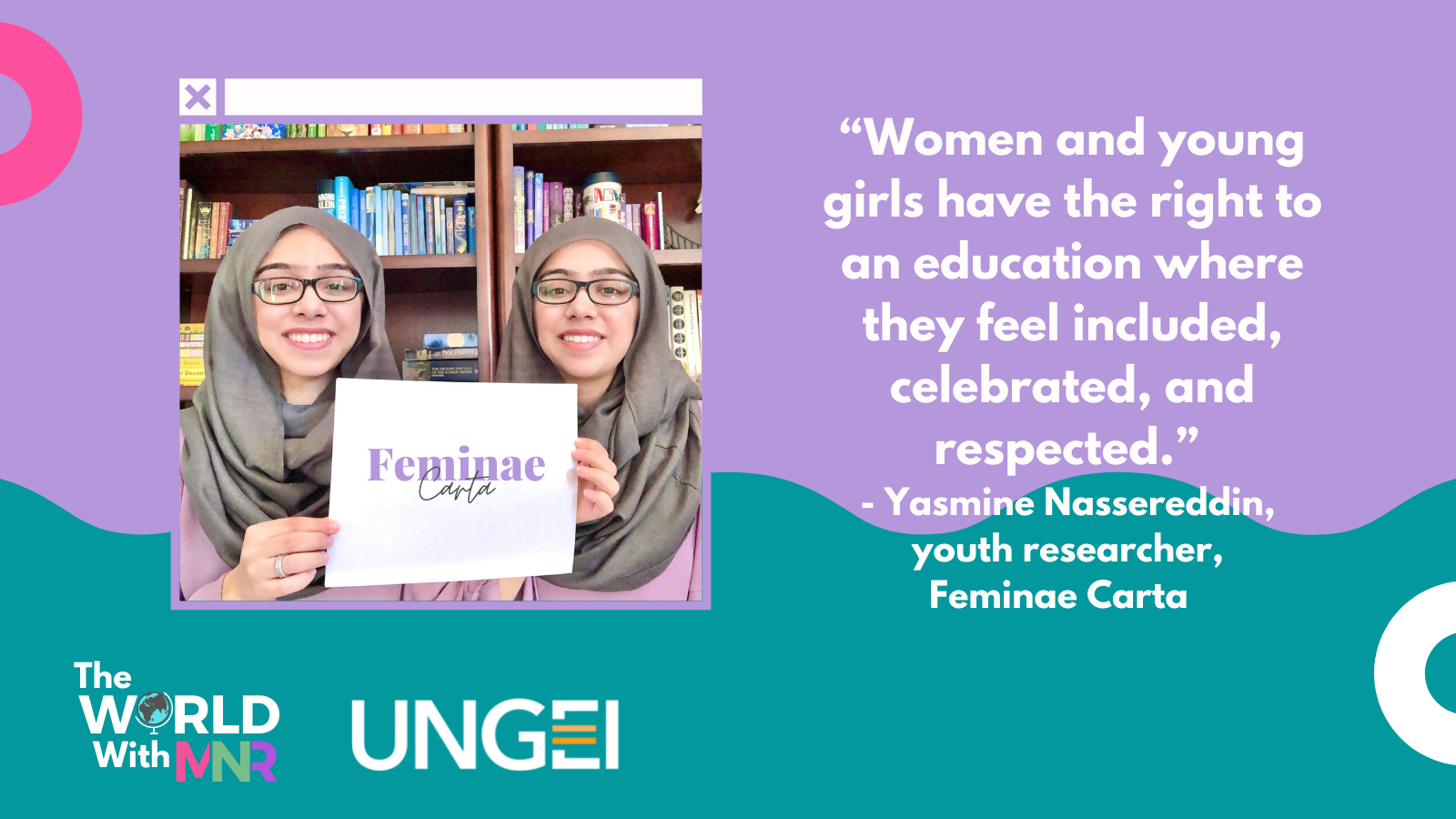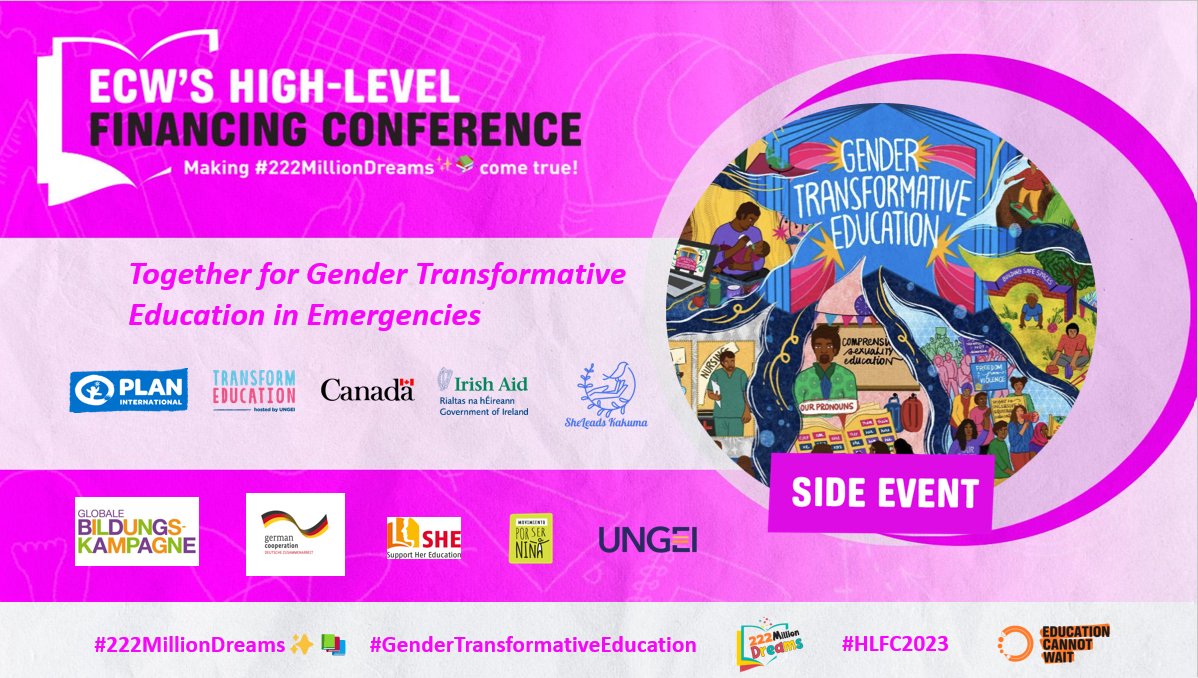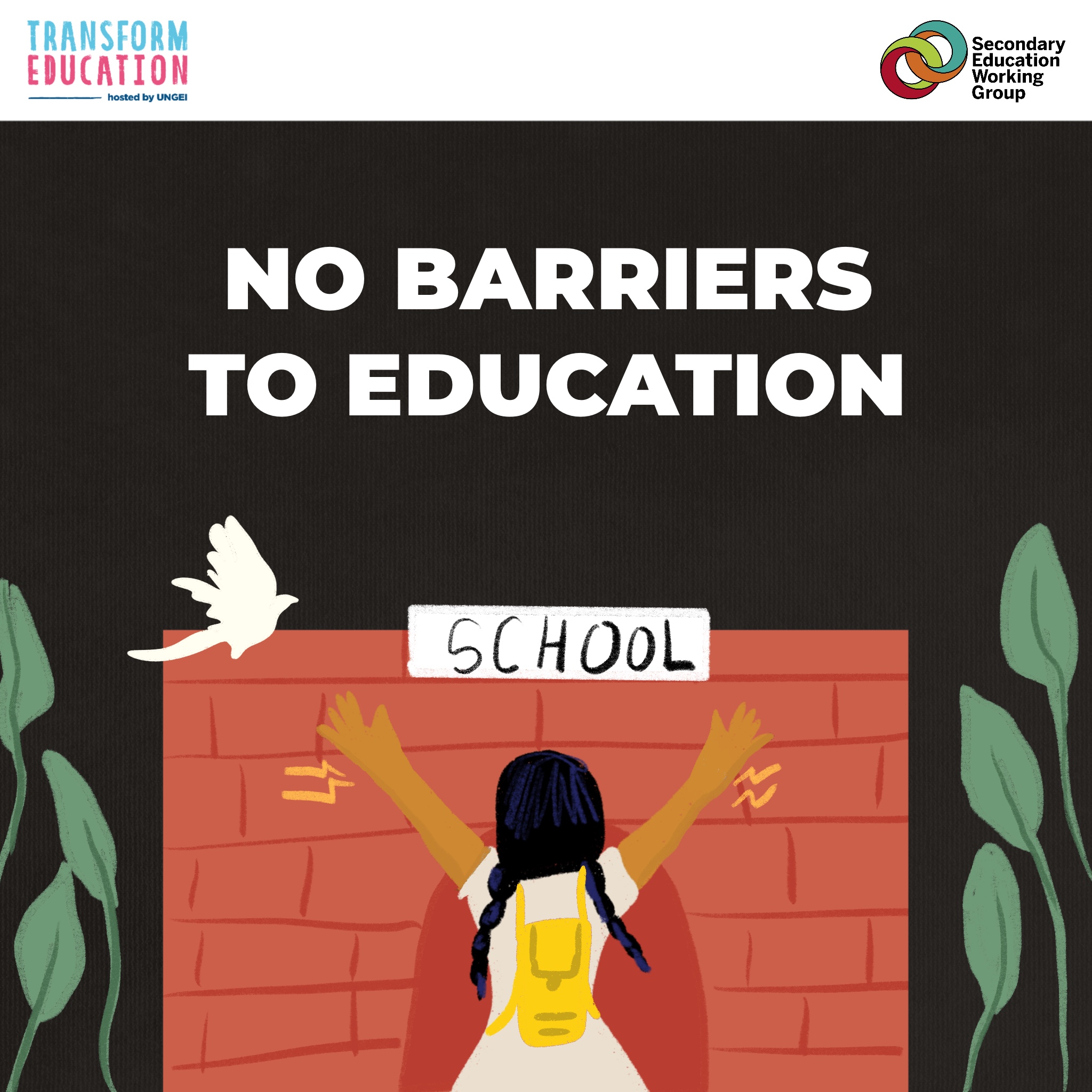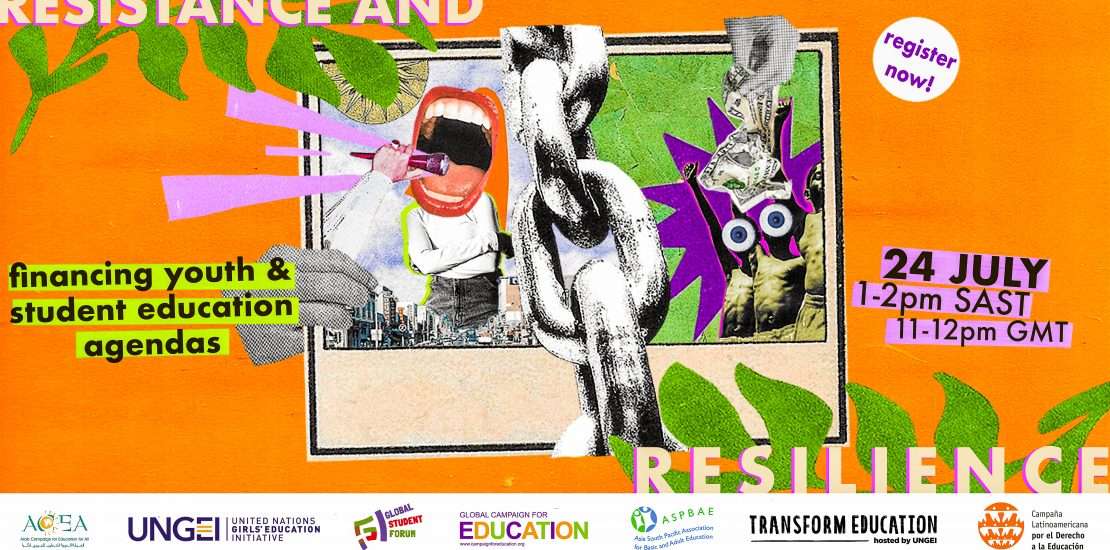The COVID-19 pandemic has exacerbated existing inequalities, disproportionately impacting girls’ rights to education, safety and bodily autonomy. To truly “build back equal”, gender equality must be at the centre of recovery plans and strategies. Convincing leaders to prioritise gender equality - including girls’ education - requires research to back up activists’ demands, recommendations and policy priorities. That’s where Feminae Carta comes in.
Feminae Carta is a new digital advocacy tool created by the MNR Foundation to provide activists with the research they need to speak out for girls’ and women’s rights, and show leaders why investing in gender equality is important. Too often research efforts do not include youth voices and perspectives. As a student-led initiative, Feminae Carta bridges this gap and ensures that young people are leading gender equality research, and coming up with creative solutions to the problems our generation is going to inherit.
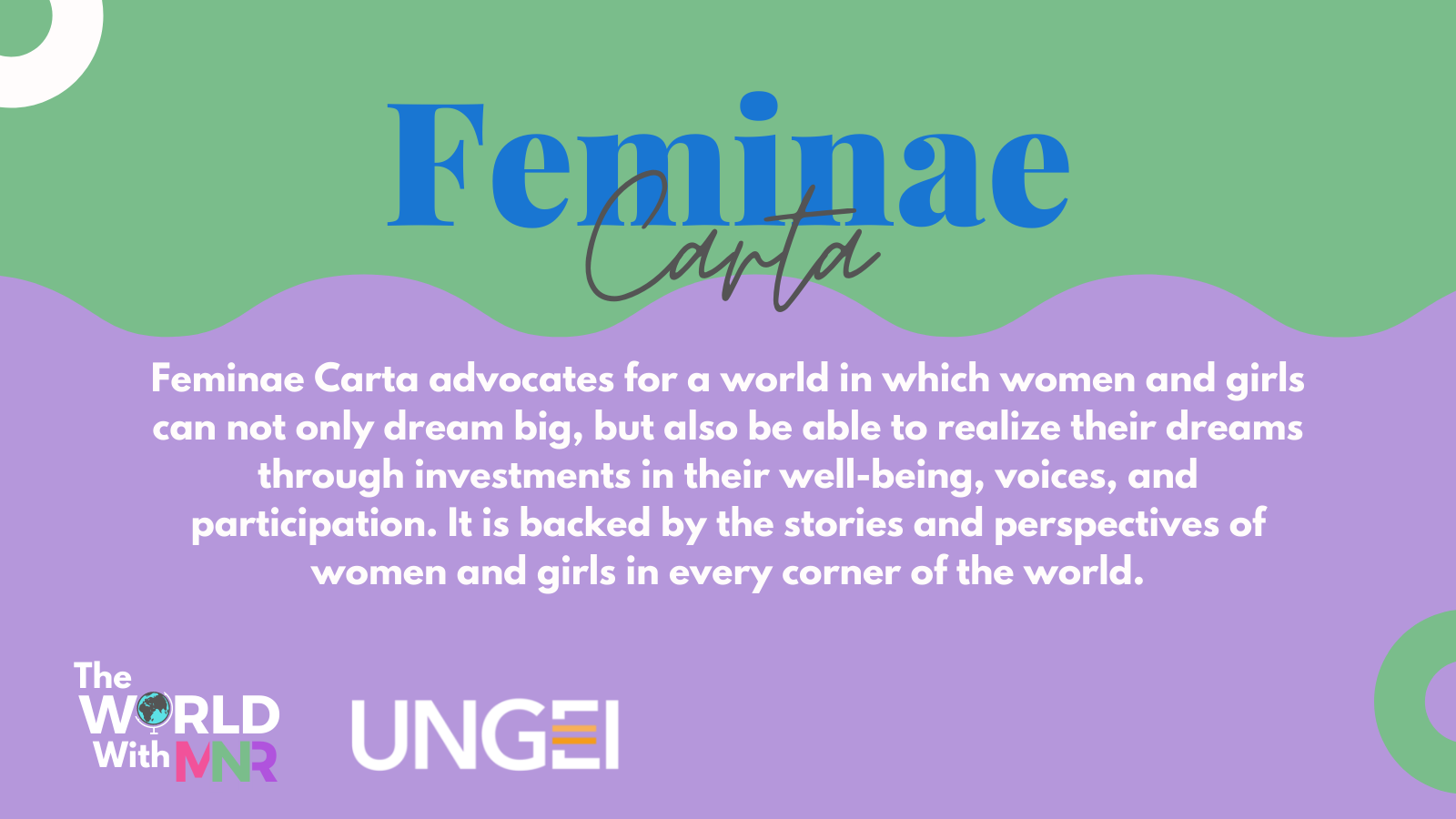
A research-led digital advocacy tool, with youth at the forefront
Through research, recommendations and toolkits, Feminae Carta helps young activists understand the root causes of gender inequality around the world and equips them with the information they need to take action. This blog shares highlights from youth researcher Yasmine Nassereddin’s findings on Women’s Voices, which covers the themes of girls’ education and empowerment.
Through this research opportunity, I met many wonderful and dedicated researchers who are so passionate about creating a better future and present for girls all around the world. Their dedication was truly inspiring and having such a global team, I was exposed to many new perspectives and stories that I took into account while I was researching women’s education in the Oceania and Middle East and North Africa (MENA) regions.
Yasmine Nassereddin, youth researcher, Feminae Carta
Girls’ and women’s voices matter, especially when it comes to education
Women’s voices matter - especially when it comes to education. Education is the tool that improves the well-being of all people individually and collectively. Education has the power to eradicate poverty, reduce child mortality, support economic and professional growth, and even close existing gender gaps. Unfortunately, across the world many children and young people are unable to claim their right to education on the ground of factors relating to income, gender, disability or race.
While progress in the Oceania and MENA regions is being achieved, it is occurring at an underwhelming pace especially in the face of COVID-19. Aside from all the new challenges the pandemic has caused to women’s education, women and young girls face deeply rooted structural and societal barriers that prevent and discourage them from achieving the education they deserve.
Women and young girls have the right to an education where they feel included, celebrated, and respected.
Yasmine Nassereddin, youth researcher, Feminae Carta
Empowering women through education allows them to be in control of their own lives and stories, which translates into a healthier and more sustainable future for themselves and the world. As the Feminae Carta and many other women’s rights initiatives advocate for, investment into women’s education is one of the most valuable things a state can prioritize in order to create change.
